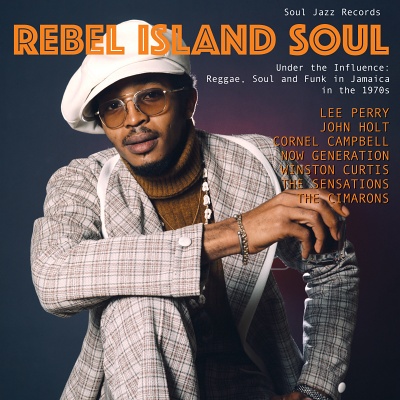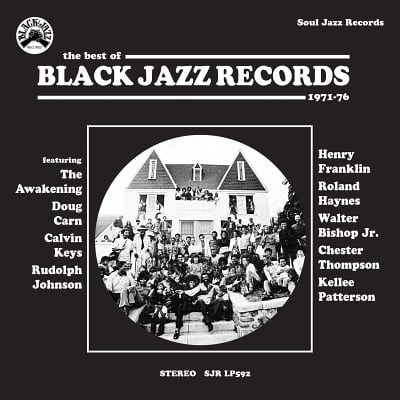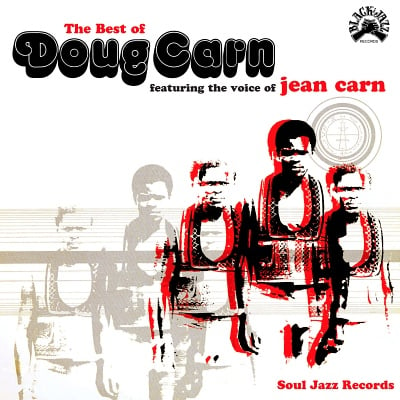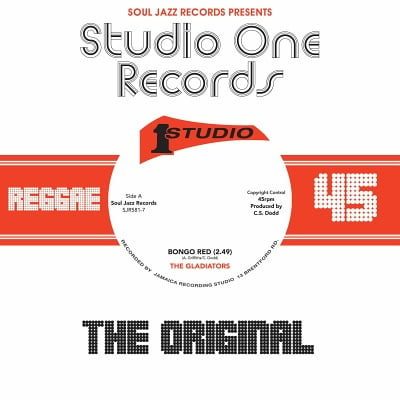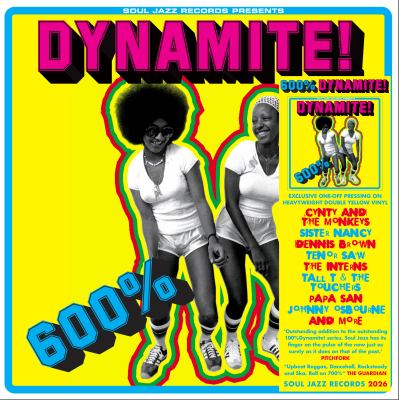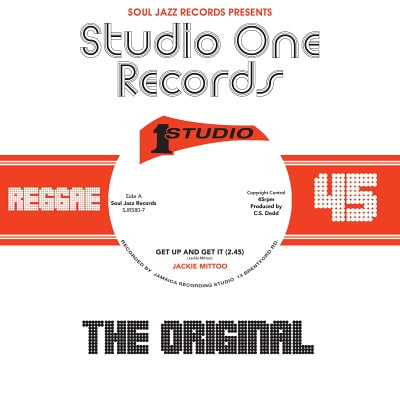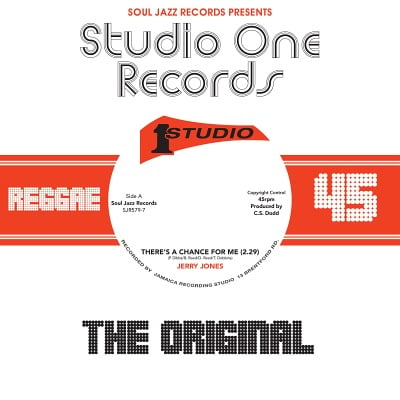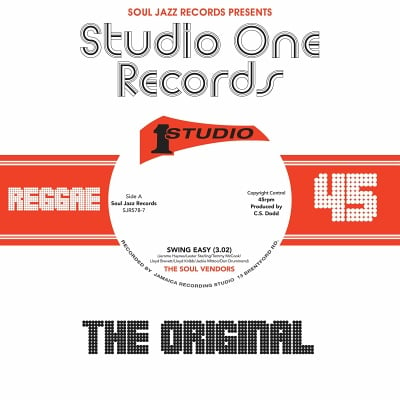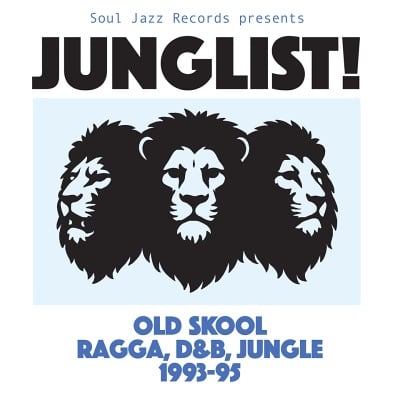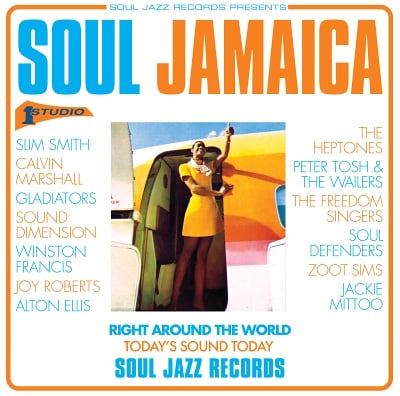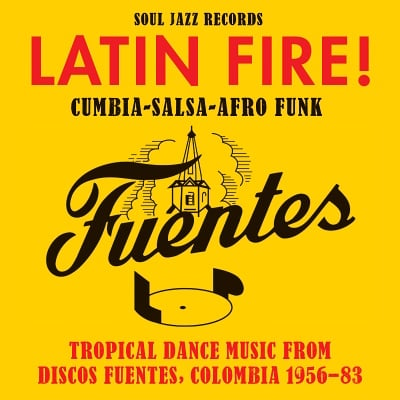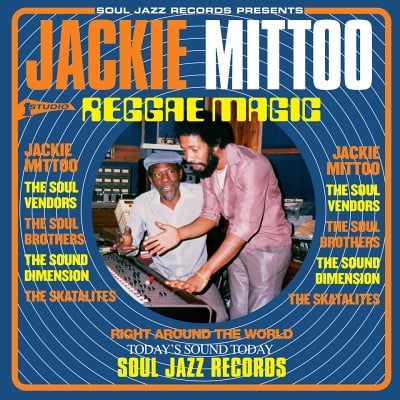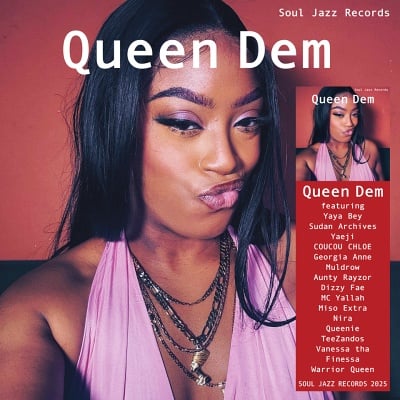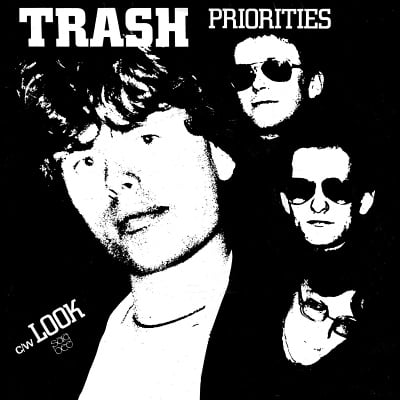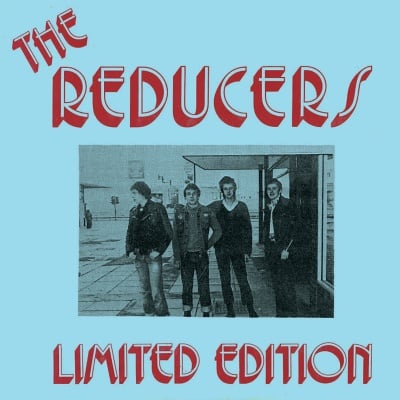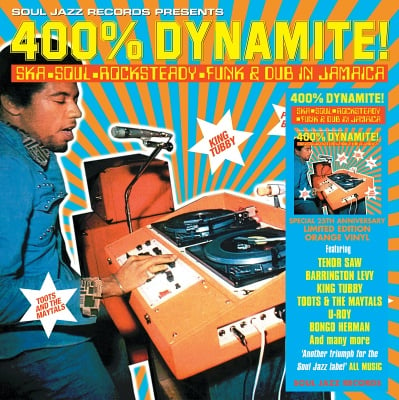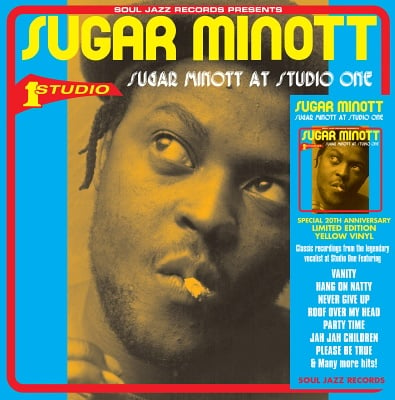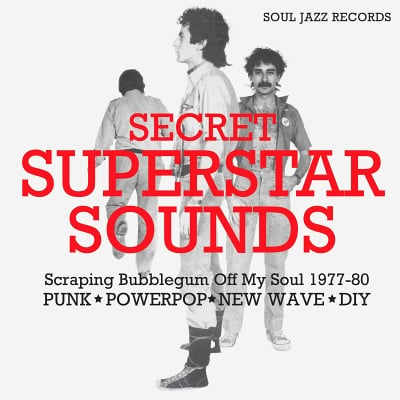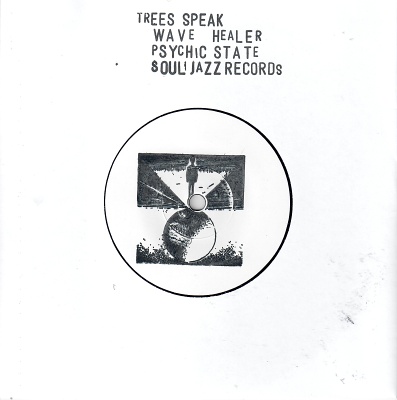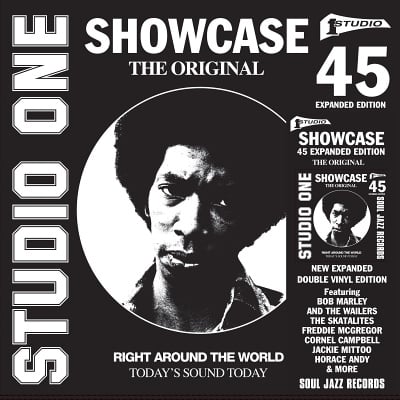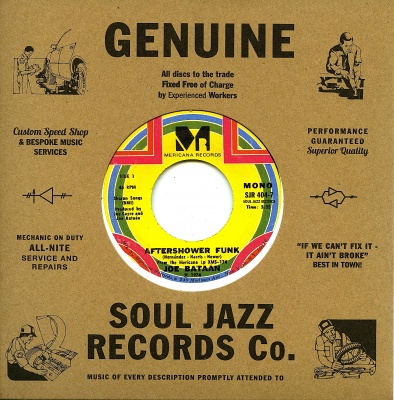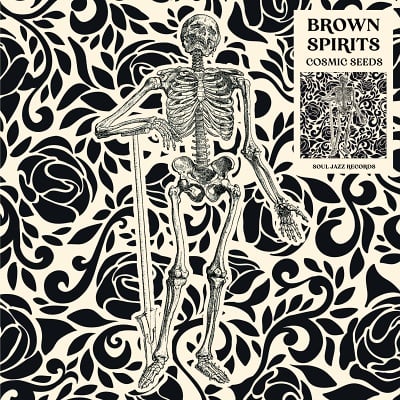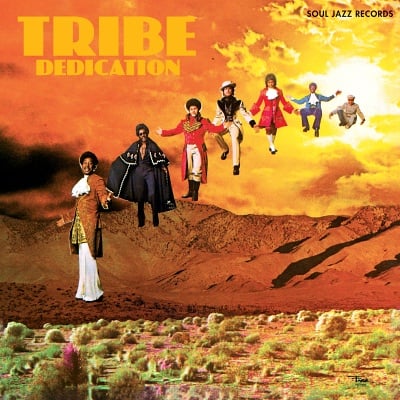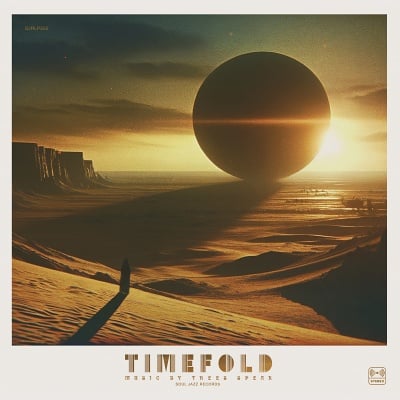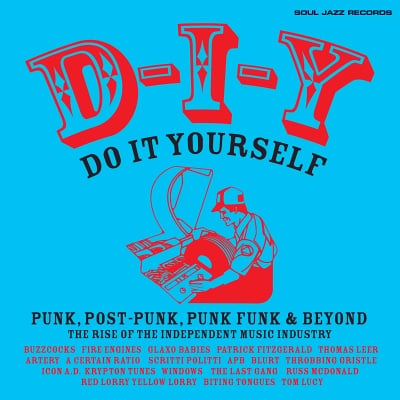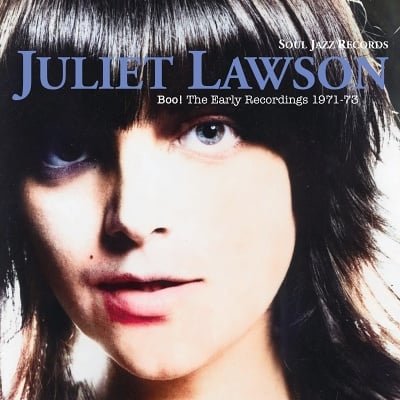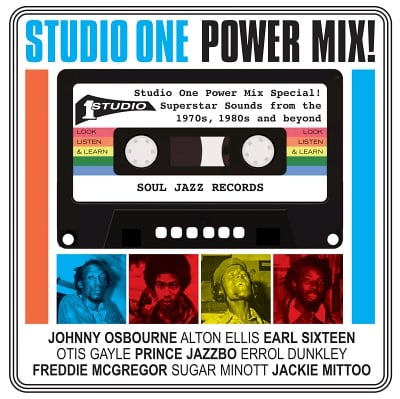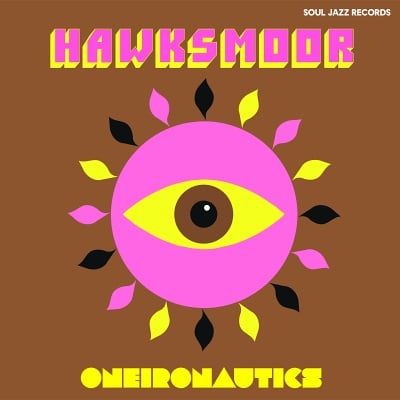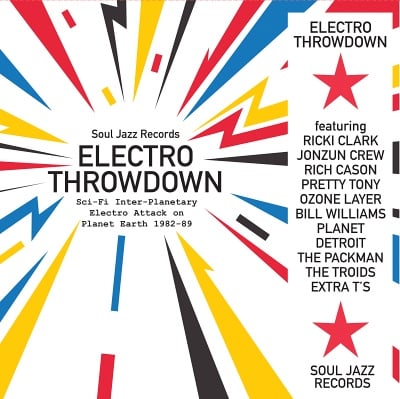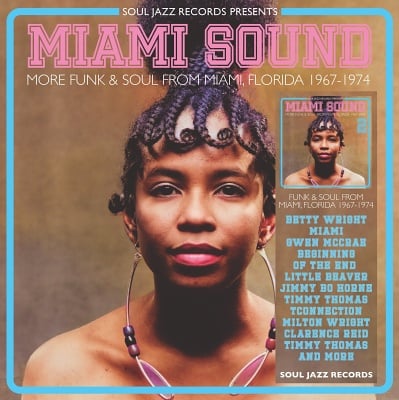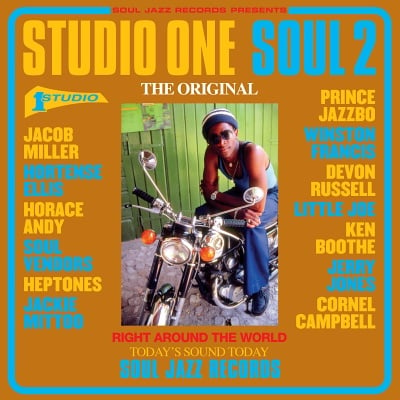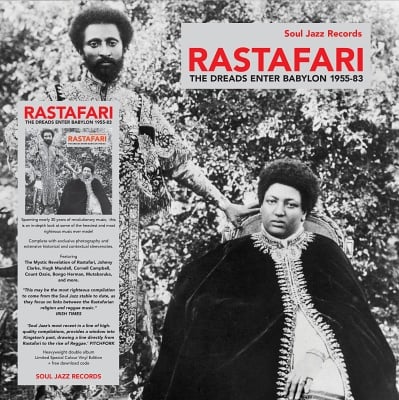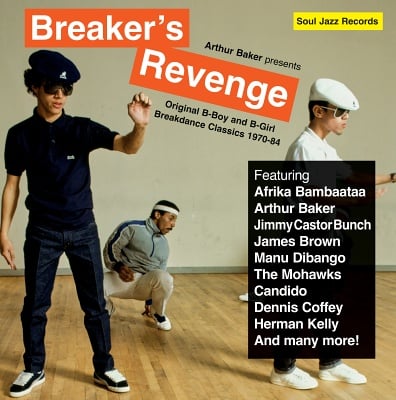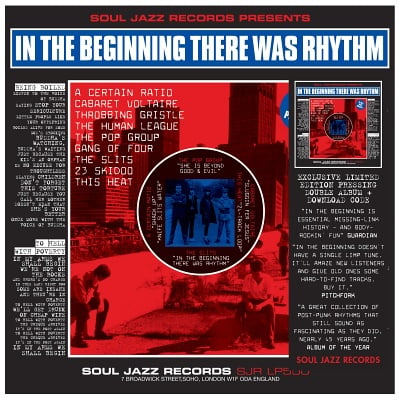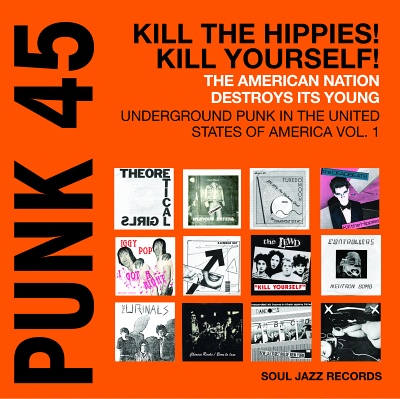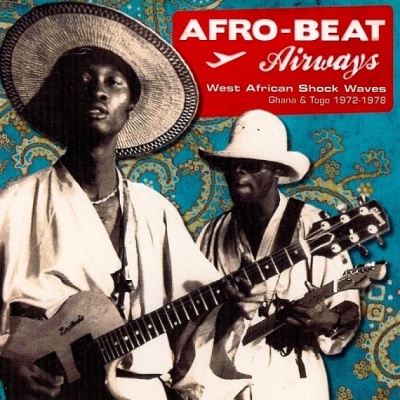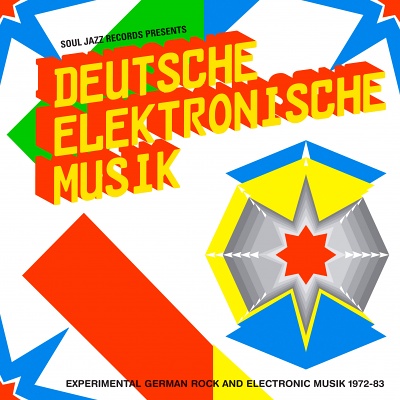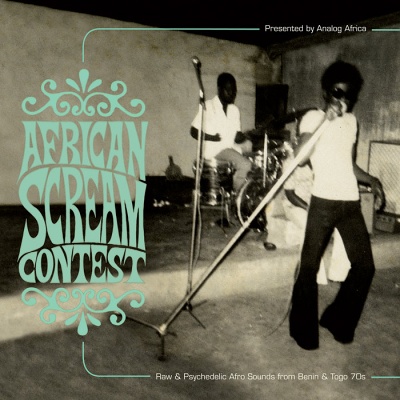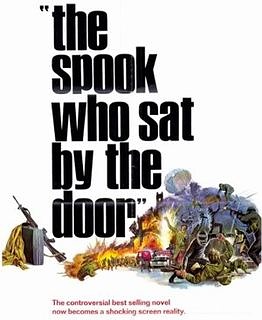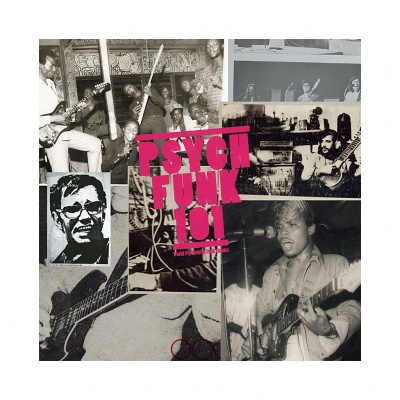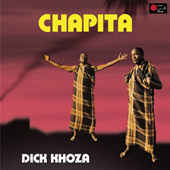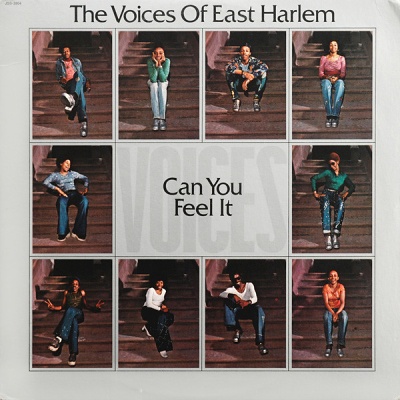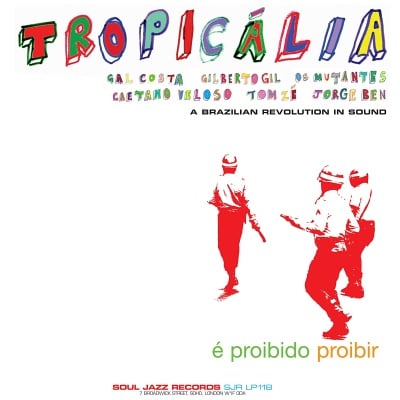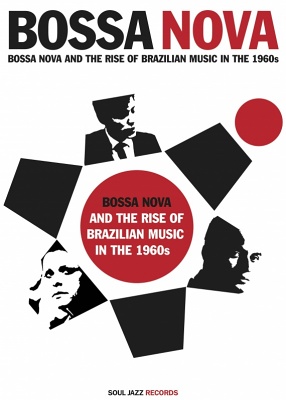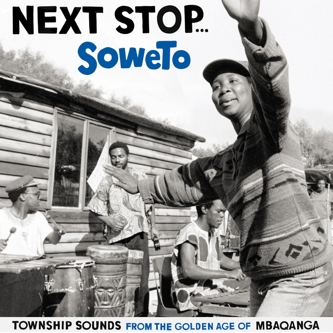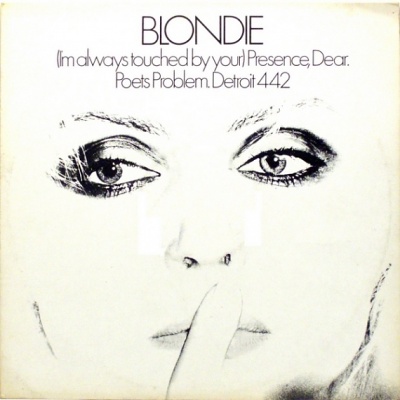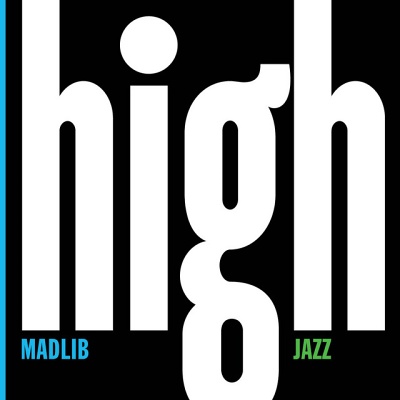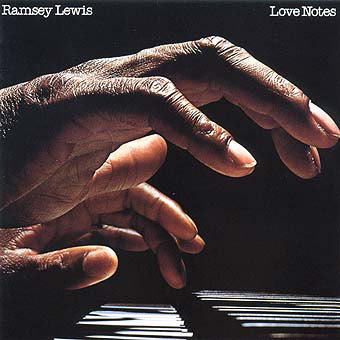Next Stop? Soweto Volume Three: Giants, Ministers and Makers: Jazz in South Africa 1963-1978
Strut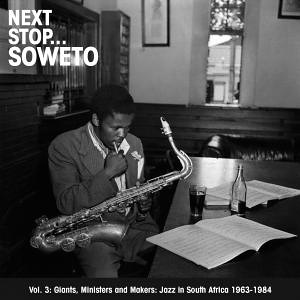
- 2×LP STRUTLP063£11.99 £11.99Out of stock Notify me when in stock
- CD STRUTCD063£7.99Out of stock Notify me when in stock
- Spirits Rejoice – Joy
- Batsumi – Itumeleng
- Malombo – Sangoma
- 1. The Ministers – Ngena Mntan'am
- 2. Skyf – Be There
- 3. Spirits Rejoice – Joy
- 4. Dennis Mpale – Orlando
- 5. Mankunku Quartet – Dedication (To Daddy Trane and Brother Shorter)
- 6. Batsumi – Itumeleng
- 7. Themba – Ou Kaas
- 8. Malombo Jazz Makers – Sibathathu
- 9. Tete Mbambisa – Stay Cool
- 10. Early Mabuza Quartet – Little Old Man (Maxhegwana)
- 11. The Soul Jazzmen – Inhlupeko
- 12. Chris McGregor & The Castle Lager Big Band – Switch
- 13. The Heshoo Beshoo Group – Emakhaya
- 14. Christopher Columbus Feelings – Oosoga
- 15. Malombo – Sangoma
- 16. Dudu Pukwana and The Spears – Joe's Jika
- 17. The Soul Giants – Pinese's Dance
- 18. Jazz Ministers – Take Me To Brazil
- 19. Chris Schilder Quartet feat. Mankunku – Spring
Strut conclude their essential three-part excursion into the archives of South African music with the third and final volume of the ‘Next Stop… Soweto’ series.
Volume 3 is a long overdue retrospective of the rich jazz scene happening in South Africa from the early ‘60s to mid-‘80s. While many major artists lived in exile abroad and furthered their careers globally, many of South Africa’s finest jazz players remained, performing under the strict auspices of the Separate Amenities Act.
Jazz has a deep heritage in South Africa, dating from the early 20th Century. The country’s jazz scene flourished during the ‘50s, despite the increasing restrictions of apartheid, with musicians like the Jazz Epistles and Chris McGregor influenced by Charlie Parker & Duke Ellington before adding local marabi and kwela to their be bop. During the ‘60s, the Sharpville Massacre, radio restrictions and police clampdowns made the life of a black musician often untenable. Major names like Hugh Masekela and Miriam Makeba left to live abroad.
Next Stop Soweto Vol. 3 is the story of the music that survived in South Africa during this mid-‘60s to mid-‘80s era. The album features many of the recognised South African jazz greats like saxophonist Dudu Pukwana and drummer Early Mabuza, the potent soul jazz grooves of The Heshoo Beshoo Group and The Drive and some of the many artists creating unique fusions like Philip Tabane’s Malombo mixing African drums and hand percussion with guitar, vocal and flute. This is important music, a defiant statement in the face of unimaginable cultural repression.
The album features an unreleased track, Dollar Brand’s ‘Next Stop Soweto’ from the archives of the South African Broadcasting Corporation. As with previous volumes, the package features rare photos from the ‘60s and ‘70s with sleeve notes by South Africa’s finest author on music and culture, Gwen Ansell. The compilers of the series are Duncan Brooker and Francis Gooding.
